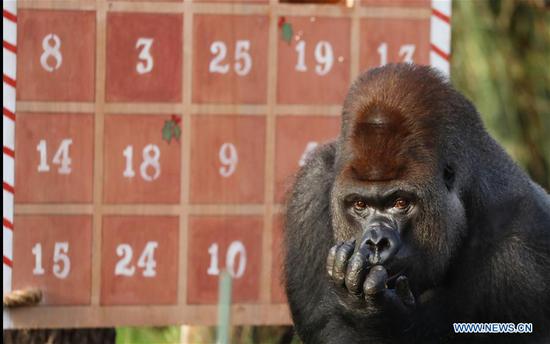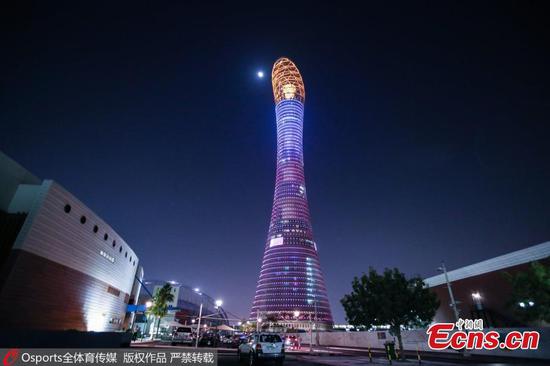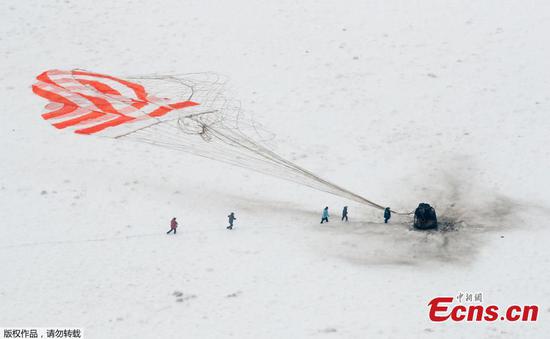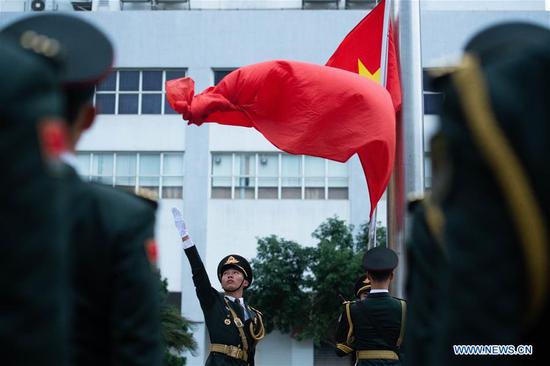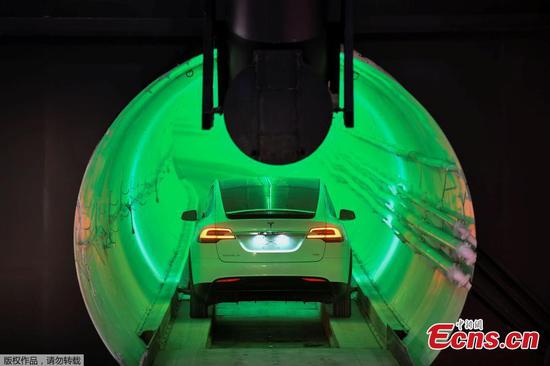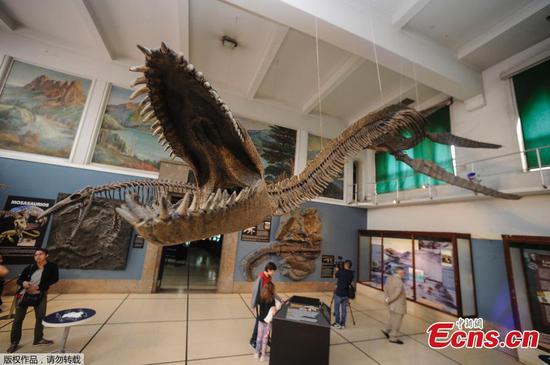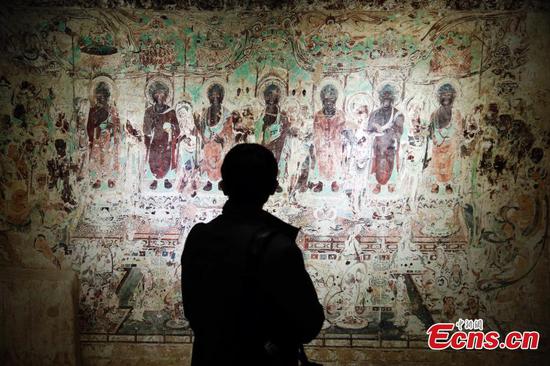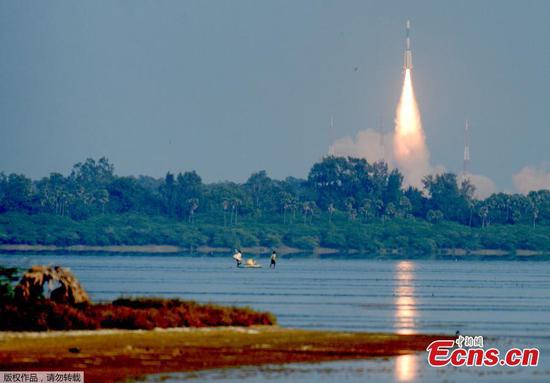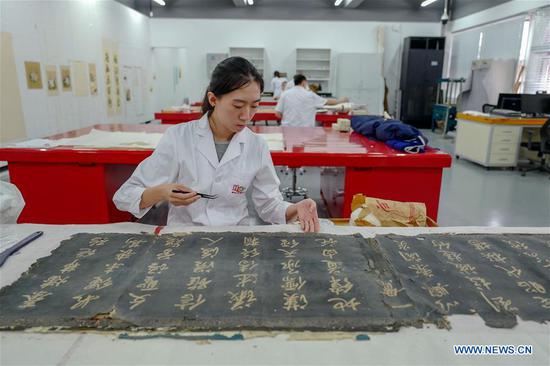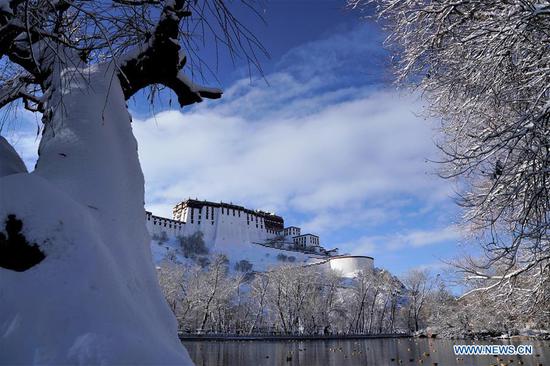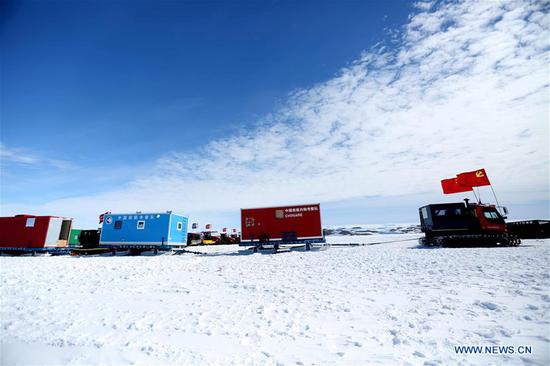South Korea's military planned to facilitate tension reduction with the Democratic People's Republic of Korea (DPRK), while preparing to restore its wartime operational command of South Korean troops from the United States, Seoul's defense ministry said Thursday.
The ministry said in its 2019 policy report to President Moon Jae-in that it will continue to enforce the comprehensive military agreement with the DPRK, which was signed by defense chiefs of the two Koreas during the Pyongyang summit in September between Moon and top DPRK leader Kim Jong Un.
Under the agreement, the two sides decided to stop all hostile acts on the ground, in waters and the air near the inter-Korean border, to pull out guard posts from the Demilitarized Zone (DMZ), and to jointly excavate the remains in the DMZ of the soldiers killed during the 1950-53 Korean War.
Earlier this month, military authorities of the two Koreas verified the complete pullout of weapons and soldiers from 11 respective guard posts in the DMZ and the demolition of 10 of them on a trial basis. One respective guard post was preserved for their historical value.
The South Korean military planned to push for discussion with the DPRK next year about the withdrawal of all the guard posts inside the DMZ to reduce tensions and build trust between the two Koreas.
South Korea and the DPRK reportedly have about 50 and 150 guard posts each inside the DMZ which has left the Korean Peninsula divided since the three-year Korean War ended in 1953 with armistice.
The leaders of the two Koreas agreed to transform the DMZ into a peace zone by stopping all hostile acts following their first summit in April at the truce village of Panmunjom.
The Seoul military aimed to launch a joint military committee with the DPRK in the first half of next year to discuss military issues such as setting a maritime peace zone near the Northern Limit Line (NLL) in the western waters.
Pyongyang has denied the NLL as a sea boundary as it was drawn unilaterally by the U.S.-led UN troops by the end of the Korean War.
To increase exchange across the border, the military aimed to allow tourists from the two Koreas, including foreign visitors, to come and go across the military demarcation line (MDL) inside the Joint Security Area (JSA) in the DMZ before the end of next year.
The JSA, where troops from South Korea and the DPRK stood face-to-face, was disarmed earlier this year by pulling out weapons and military equipment as part of efforts to implement the September military agreement.
To prepare for the transfer of its wartime operational control of South Korean troops from Washington, the Seoul ministry said the assessment on its military's initial operational capability (IOC), necessary to lead wartime operations, will be conducted during the South Korea-U.S. joint command post military exercise in August next year.
South Korea's wartime operational command of its troops was handed over to the U.S.-led UN Command after the Korean War broke out. The country regained its peacetime command in 1994.
Seoul was supposed to retake the wartime control in 2015, but it was delayed amid the rising military tensions on the peninsula.
South Korea and the United States agreed in 2014 to a conditions-based wartime command transfer.













